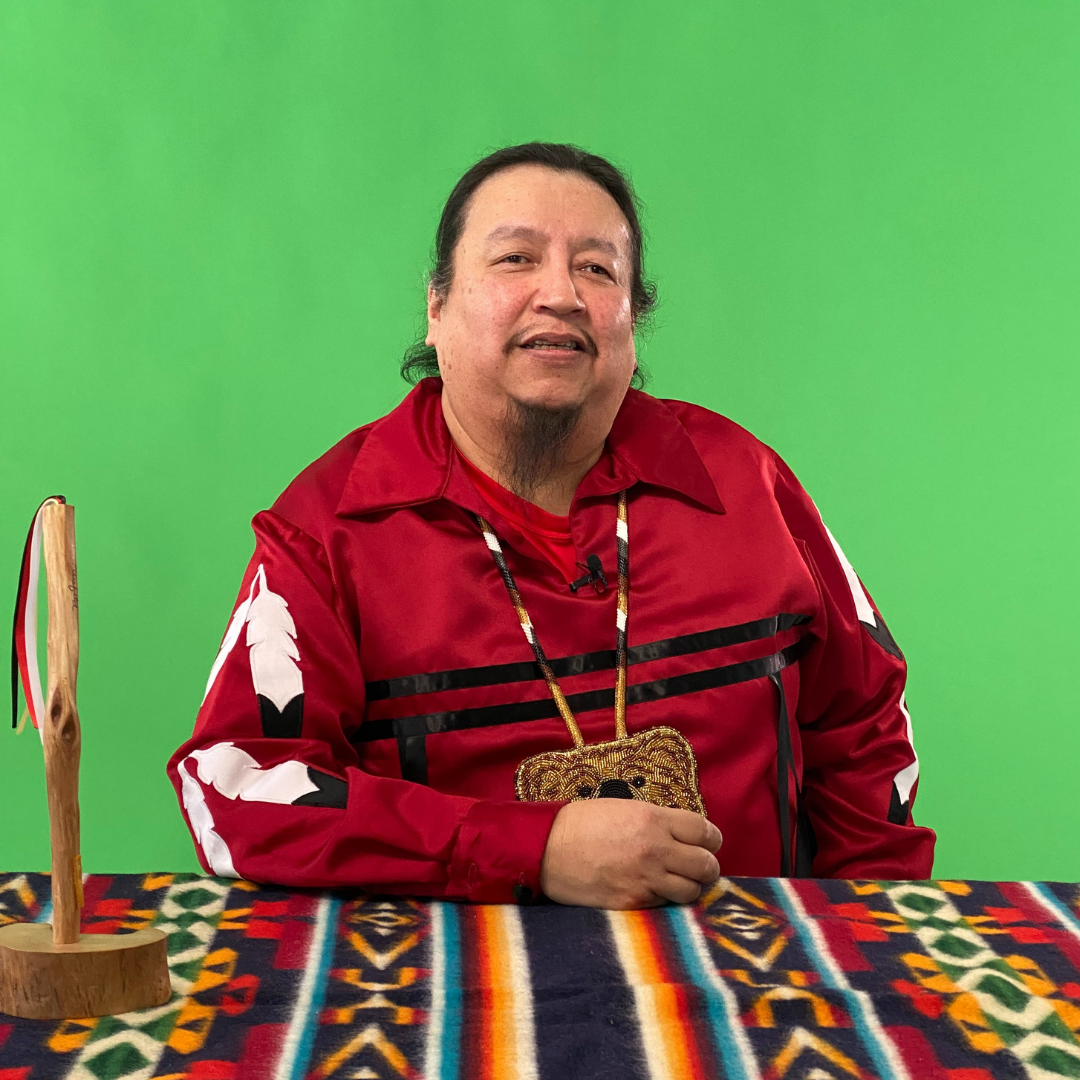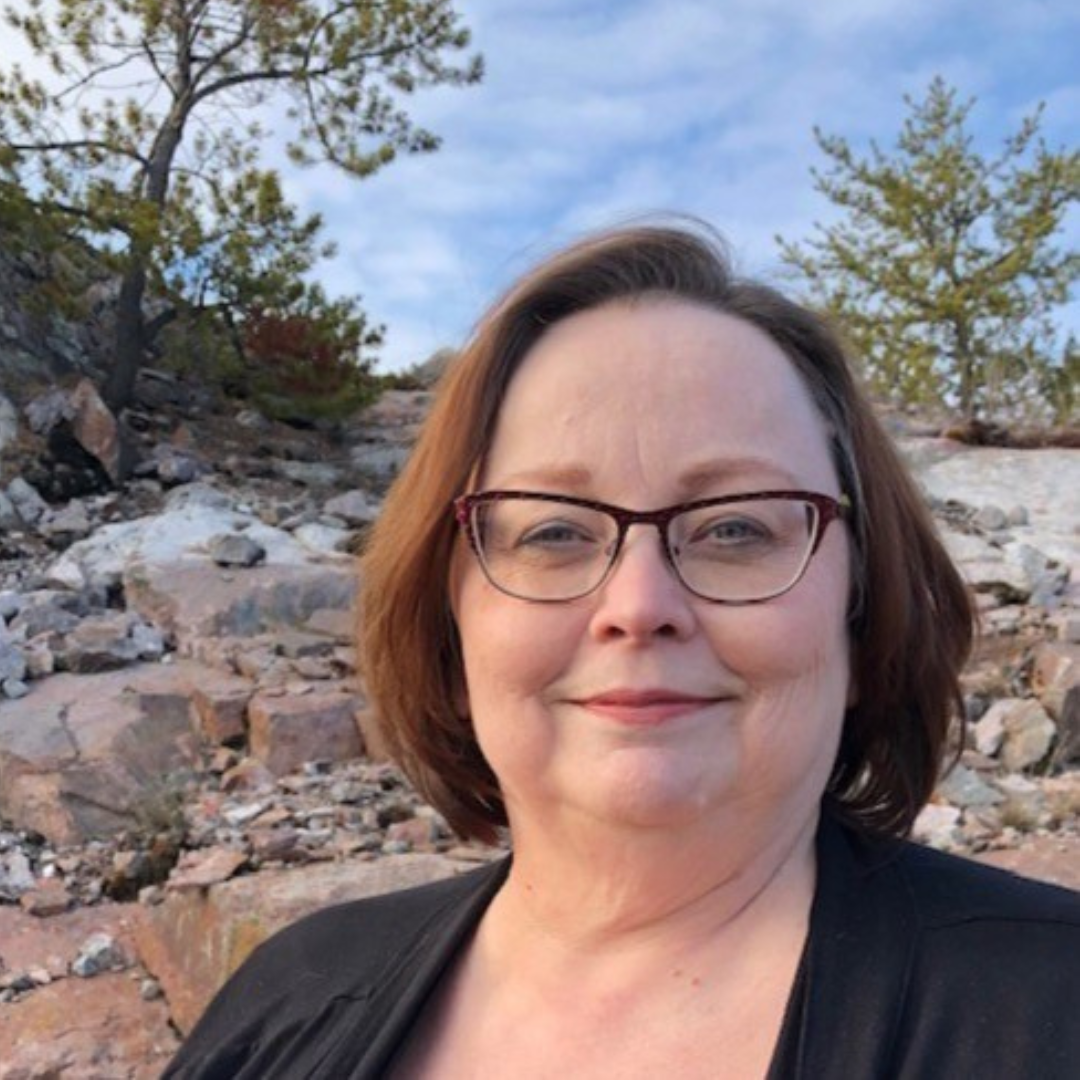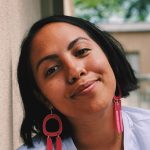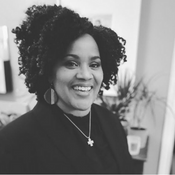Learn more about our governance and how we nominate the members of our Board of Directors here.
Board of Directors
Representing diverse geographic locations, lived experiences, and areas of expertise across food systems, our board members bring a wealth of knowledge and perspectives to guide FSC’s strategic direction.

Byron Beardy (he/him)
Byron Beardy is the Program Manager for Four Arrows Regional Health Authority Inc.’s Kimeechiminan (Our Food) – Food Security department and is of Anishininiw ancestry originally from Garden Hill First Nation and was raised in Wasagamack First Nation of the Island Lake region in Manitoba.
Heading into his 14th season, he sits on various food security committees locally, regionally, provincially, nationally and he is frequently requested to speak, plan, and/or present at schools, universities/colleges, and gatherings/workshops etc. related to indigenous food sovereignty, food security, and/or food practices.
Fluent in his Anishininiw language, Byron utilizes his language skills, traditional knowledge, understanding and continues to incorporate these teachings into food sovereignty/food security work.

Janet Dean (she/her)
Janet Dean is the ED of the NWT Agri-food Association, working to build a sector that is sustainable and demonstrates great environmental stewardship while acknowledging and responding to the reality that agriculture in the NWT has a solely colonial history and has both a role in, and a responsibility for, food security and sovereignty.
Janet has a unique combination of education and experience in business and psychology and food production and retailing. Social activism runs in her veins and underscores her commitment to FSC.

Hayden Gilmour (he/him)
Hayden (He/him) recently graduated from the University of Manitoba with a diploma in Agriculture specializing in animal welfare. He has spent the past few years deepening his understanding of Canada's agriculture industry and its impacts on the environment. Alongside his studies at the University, he has worked on his home reserves food sustainability project since 2021. This project aims to combat increasing food costs and a growing number of diabetes cases seen on Indigenous reserves by offering cheaper, healthier food choices then currently available on reserve. This past August Hayden joined the parliamentary internship for the environment program to learn how our nation's leaders are combating issues the country is facing at a federal level. Placed in federal MP Larry Maguires (Brandon-Souris Municipality, MB) he has had a chance to research and develop policy focused on sustainable road expansions and the restoration of lake Winnipeg.
In his personal time, he can be found volunteering in community events, participating in climate rallies and spending time with family.
Hayden is a strong advocate for Indigenous rights, sustainable agriculture and combining Indigenous knowledge with new technology to help make Canada's agricultural sector more sustainable for the future generations.

jade guthrie (she/her)
jade is a queer, mixed-race educator, facilitator, and community organizer. jade is committed to social change work rooted in justice, liberation, and joy and approaches this work with tenderness, curiosity, and reciprocity. Based in Treaty 13 territory, jade currently oversees FoodShare Toronto’s community learning and engagement programs. She also freelances with Evenings & Weekends Consulting as a researcher, strategist, and facilitator. Before that, she worked across the non-profit sector with organizations like the Stop Community Food Centre and Thorncliffe Park Women’s Committee, and as a social policy research intern with the City of Toronto’s Social Development, Finance, and Administration Division. Beyond 9-5, jade is a community organizer with Justicia for Migrant Workers and sits on the Black Food Sovereignty Action Plan Advisory Circle. She was previously an advocacy co-lead on the Toronto Youth Food Policy Council and co-created the Black-youth-led ‘Soul Food Project TO’ community cookbook. Her words have been published online in Rabble, and heard on podcasts like the Toronto Star’s 'This Matters' and Canadaland. jade’s approach to learning and social change work is shaped by intersectional feminism, critical race theory, and anti-colonial pedagogies. She holds a Masters of Social Work from York University and an MA in Communication and Culture from Toronto Metropolitan University. She is also an avid baker, enthusiastic dumpling-eater, amateur rug-hooker, and reality tv fanatic.

Mustafa Koc (he/him)
Mustafa Koc is an emeritus professor of Sociology at Toronto Metropolitan University. He was among the founders of the Centre for Studies in Food Security, Food Secure Canada and the Canadian Association for Food Studies. He writes weekly columns at Substack https://open.substack.com/pub/mustafakoc, and some of his earlier writings can be accessed at https://orcid.org/my-orcid.

Jingyi (Celia) Luo (she/her)
Trained as a dietitian, Celia is a relatively new settler learning to be a better guest on this land. Celia's involvement with food started with student hunger awareness on campus in Halifax, Nova Scotia, Mi'kmaki. Along the way, she spent time in Mi'kmaki, Treaty 7, and now Treaty 6 territory, and she worked with students, newcomers, refugees, and Indigenous people in community health centres, community gardens, urban agriculture projects, and cooperatives. Celia also advocated for cultural food security through local food policy and food literacy programming.
Her professional interests in food justice draw her to work with equity-seeking groups in her career. Wherever she works, she likes to walk alongside the community she serves on a food security journey, focusing on improving healthy food access, building local food infrastructure, supporting healthy food skills education, and advocacy. She believes food can be a provocation for change, to create connections and togetherness rather than divisions. She is committed to supporting food justice principles. Celia is interested in using her knowledge of food science and health to create spaces and activities which promote a local food landscape, one which reduces both physical food miles and social distance.

Celeste Smith (she/her)
Celeste Smith is Oneida from Six Nations of the Grand River Territory. Celeste
is a seed steward, traditional agriculturalist and former instructor of Traditional
Ecological Knowledge (TEK) at Niagara College. She is the Founder/Director of
Cultural Seeds, an Indigenous seed store/rematriation project and Ga Gitigemi
Gamik an agroecological center on a permanent Indigenous stewarded site,
where women and 2SLGBTTQQIA+ persons can (RE)learn ancestral
agricultural methods lost to colonization.As a Local, National and Global Food Justice Advocate, Celeste’s work centers around Indigenous Food Sovereignty, Land Justice and Indigenous Human Rights. She is the focal point for the Civil Society and Peoples Mechanism (CSIPM) for North America at the UN FAO Committee on World Food Security, the Co-Chair of the International Committee and Special Advisor on Indigenous Policy for The National Farmers Union (NFU), Co-Chair of the Peel Food Action Council (PFAC), member of the National Canadian Food Security Policy Group and member delegate of La Via Campesina, the International Peasants Rights Collective.

Jill Van Horne (she/her)
Jill Van Horne is the Director of Food For All NB, where she has been engaged in food systems and food security work since 2017. In this role, and through her previous work with Our Food Southeast NB, she’s focused on building resilient food systems and addressing food security challenges across New Brunswick. She brings expertise in national and provincial school food initiatives, Atlantic regional food systems collaboration, food and climate-related projects, and community food action initiatives - bridging grassroots efforts with policy-level impact.
She serves on the Atlantic Food Action Coalition’s interim Board of Directors, a member of the Steering Committee for the national Coalition for Healthy School Food, and a founding member of the NB School Food Coalition. Passionate about using food as a tool for social change, Jill’s work has spanned from hands-on community gardening to discussions and actions on policy influence.
Jill lives on unceded Mi'kmaq lands in Moncton, N.B., with her partner Naason, daughter Caissy, newborn Miles, and two ginger cats. While she may not always be the best cook, her passion for enjoying and sharing good food runs deep. She is grateful for the opportunity to explore and develop community-building efforts that create lasting social change through strong connections and food.

Wendie L. Wilson (she/her)
Wendie L. Wilson is a mother, educator, artist and writer. Born and raised in Kjipuktuk (Halifax), Wendie is a descendant of African Nova Scotians who have had history in the province for 400+ years. She has a keen interest in documenting the food history of this distinct cultural group and collecting the narratives connected to Canada’s oldest Black cuisine. Wendie is dedicated to elevating the profile of the community and sharing their culture with others. Utilizing her Masters in Africentric Leadership has allowed her to view situations through an African-centered lens.
Wendie grew up in one of the largest public housing projects in Nova Scotia and experienced firsthand the effects of food insecurity and how food is directly connected to an innate sense of well-being on multiple levels. Throughout her 20 years as an educator in the public school system, Wendie has witnessed the impact food has on learning. Eliminating both visible and invisible barriers to healthy, fresh and local food through access to community gardens has been her most recent passion.
As a co-founder of the African Nova Scotian Freedom School, she is dedicated to contextualizing the history and culture of African Nova Scotians and making it accessible to those that it impacts, believing that education is the great equalizer. As a member of the Coalition for Healthy School Food Advisory in NS, she is invested in seeing a Canada-wide school food program implemented as a part of the educational path to equality.